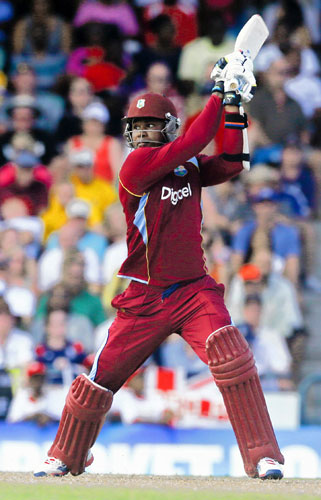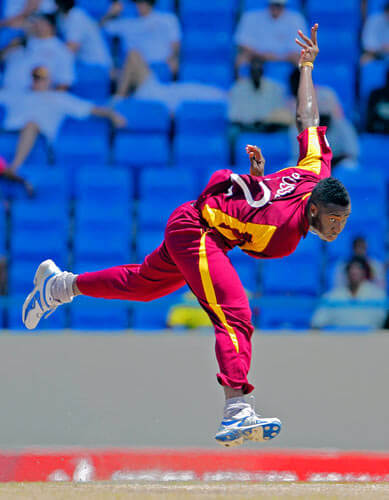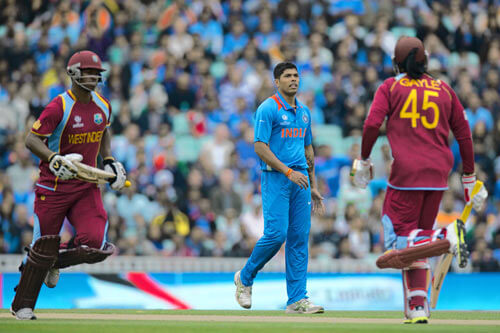“Cricket is a most precarious profession; it is called a team game but, in fact, no one is so lonely as a batsman facing a bowler supported by ten fieldsmen and observed by two umpires to ensure that his error does not go unpunished”-John Arlott, An Eye for Cricket
“I learned that courage was not the absence of fear, but the triumph over it. The brave man is not he who does not feel afraid, but he who conquers that fear”-Nelson Mandela
“It is far more than a game, this Cricket”-Sir Neville Cardus
South Africa’s admitted doctoring of the recent 3rd test pitch, which backfired on them and ended in their defeat while India scored a glorious triumph, was just “not cricket.” Giving South Africa the benefit of the heavy roller on the morning of the last day, in addition to using it at the beginning of South Africa’s second innings, compounded the umpires’ bias and indecisions in this game, not least their efforts to bring a premature draw to this test. Captain Faf du Plessis brazenly confessed to ordering pitches, to the point of wanting someone to oversee national grounds so they can work on a “common strategy.” Faf has learned that old lesson that, “you have to be careful what you wish for.”
Allowing host teams to overreach and escape responsibility and accountability in overdoing pitch preparation is wrong. Cricket is a gentlemanly sport, and must be played in the right spirit, especially at the highest level. Trying to wrest the No.1 test ranking from another side, which is what South Africa tried to heist from India, is no excuse for the unsportsmanlike and deceitful conduct they employed. The ICC, including its umpires, must make this clear to all host countries-you will be responsible for the pitches you prepare and what is good for the goose is good for the gander!
Moreover, any consideration of abandoning the test by the umpires and officials should have been considered before India batted in the second innings. Instead, they made it clear that they were more concerned about the welfare of the South Africans than they were of the Indians who batted on the same wicket a second time, in an obvious attempt to save South Africa the improbable ordeal of having to make the highest innings total to win the test!
Many people felt it was curry favoring with the home team, perhaps a reflexive relic of the perverse, yet still extant, vestige of apartheid. Since South Africa prepared a bowler-friendly surface to favor their own attack, they should also bat on it. Cricket is the great equalizer.
Worse yet, South Africa, after its barrage of bouncers and toe-crushing yorkers from their fearsome quintet of pace bowlers consisting of Morkel, Philander, Rabada, Ngidi and Phehlukwayo had inflicted some serious pain and bruises to the Indian batting line-up, started whimpering and looking for excuses when their turn to bat came against India’s Kumar, Bumrah, Sharma, Shami and Pandya- bowlers of lesser pace and hostility than South Africa’s, but who utilized accuracy and moving the ball both ways, rather than intimidation as their trump card. India played bravely, and they deservedly won.
South Africa and cohorts waxed hypocritical when they tried to avoid facing the music, without surrendering the match in defeat to India, which should have been the only logical option since one side (India), had already batted and endured the pitch for the second innings. Such abandonments of matches rob the spectators of their money and a good game, cricket of its sporting legacy and spirit, and creates a dangerous precedent where teams can manufacture excuses to evade its international responsibilities. We were taught as boys to play the game in the right spirit, accept defeat with grace and applaud the winning side.
Moreover, whimpering is just not cricket. What would the South Africans have done if they had to face bowlers like Andy Roberts, Michael Holding, Colin Croft, Malcolm Marshall, Courtney Walsh, Joel Garner, Dennis Lillee, Jeff Thomson, Fred Trueman, Harold Larwood, Richard Hadlee, Bob Willis, Imran Khan and company with the new ball, as Sir Don Bradman, Sunil Gavaskar, Rohan Kanhai, Roy Fredericks, Conrad Hunte, Hanif Mohammad, Majid Khan, and such brave batting maestros had to without flinching or scampering for cover, without the luxury of helmets, each demon bowler coming at them one after the other, bouncing to their noses and bowling at almost 100 mph consistently? Do you think they dared run away from a fight, or hide behind any excuse not to bat? What would they have done had Larwood been bowling his deadly bodyline thunderbolts to them, as he did to get rid of Bradman by any means-injury or otherwise?
Indeed, these gladiators faced more hostile bowlers, and reduced them to the ordinary-on worse pitches. Roy Fredericks showed batsmen how to blunt pace bowling way back in 1975 when he famously bludgeoned Australia’s Lillee, Thomson and Gilmour at the then lightning fast Perth pitch, thrashing 169 off only 145 balls, as the bowlers kept targeting his body with short balls and Fredericks hooked and pulled them mercilessly and magnificently in retaliation. Lillee and Thomson had combined figures of 37-0-251-5, and Fredericks’ attack proved to be the better part of defense.
India’s cricket has developed by leaps and bounds, while other countries, like the West Indies, have sadly declined from its golden years. In 1977, India surrendered the Sabina test on a treacherous pitch to the West Indies, after Anshuman Gaekwad was hit on the left ear and had to spend two nights in hospital, Gundappa Viswanath had his finger both fractured and dislocated, Brijesh Patel was required to have stitches after being hit in the mouth, and none of them could take any further part in the match. With six wickets down for 306 and two batsmen being forced to retire, Indian captain Bishan Singh Bedi was forced to declare India’s first innings.
Trailing by 85 runs after West Indies made 391, and without the services of three top batsmen, India were soon reduced to 5 for 97. With five Indian batsmen absent in the second innings due to injury, and Michael Holding in the middle of a hostile spell of short-pitched bowling, Bedi once again declared the innings with a lead of merely 12 runs on the board, and conceded that the Indian innings should be recorded as completed, thereby allowing the West Indies to make the 13 runs to defeat India, and go on to win the series. Issues were raised about the “unfair tactics” of the West Indies, but Bedi sportingly acknowledged defeat.
Now, in addition to their trademark mystery spinners, India produces pace bowlers, independently capable of winning tests without bowling any of these much vaunted spinners, to complete a unit richly blessed with brave world class batsmen, as the South Africans experienced to their chagrin.
Note: Albert Baldeo is a civil rights activist and community advocate, and his political battles placed previously ignored minority communities like Richmond Hill and Ozone Park firmly on the political and economic map. As the President of the Baldeo Foundation and Queens Justice Center, he has continued to fight for equal rights, dignity and inclusion in the decision making process. He can be contacted at the Baldeo Foundation: AlBal
























